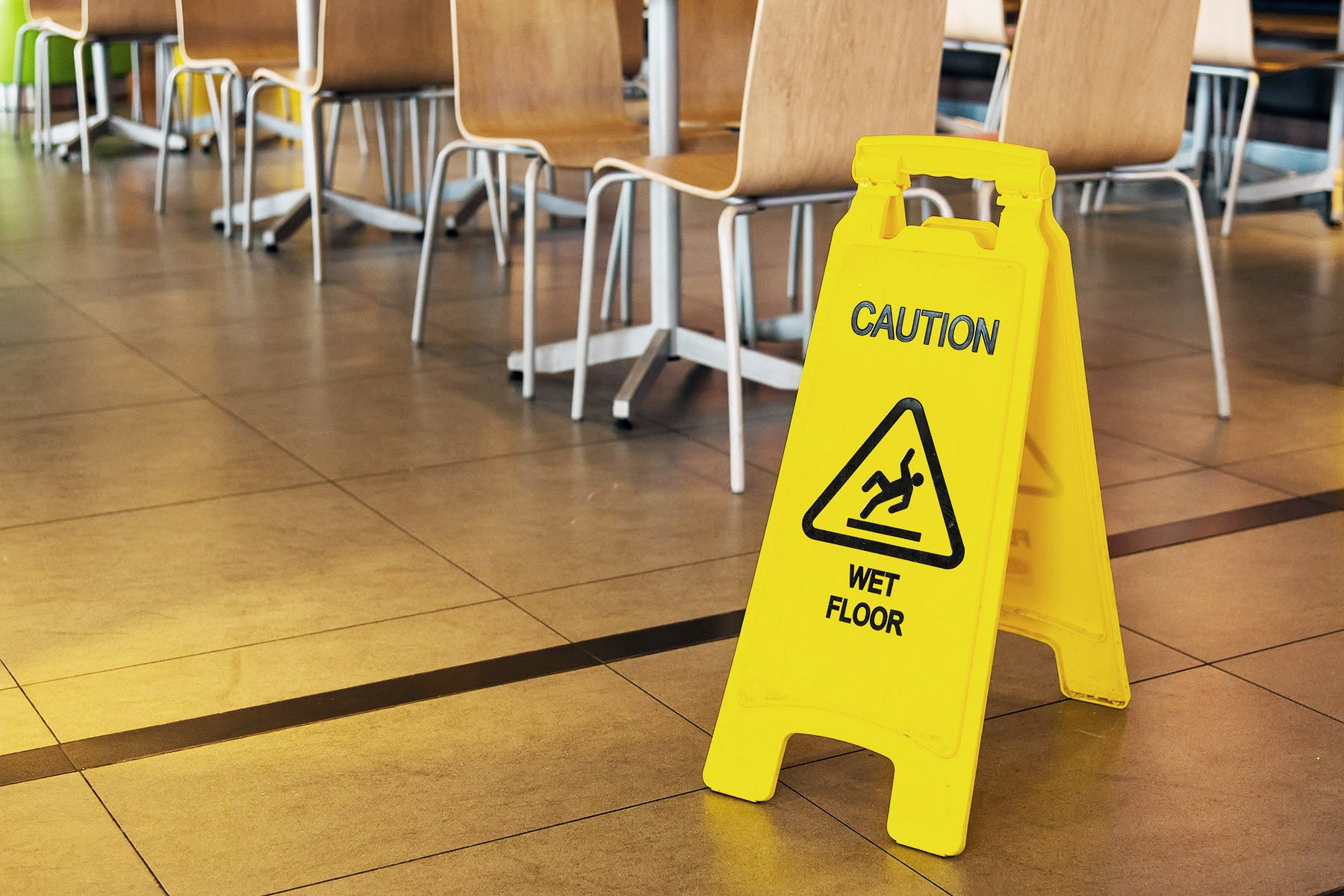Restaurant operations personnel sure have a lot on their plate. So, when it comes to prioritizing what to focus on, there are plenty of reasons why preventative maintenance often falls down the list.
There’s training staff, increasing operational revenue, and establishing and maintaining menus and service standards. Then, there’s also managing employees, facilities, assets, protocols, finances, audits, and inventory. And, if you’re managing that across multiple locations, it’s a trickier list of operational tasks, making it very challenging to keep everything in order.
Still, we know maintenance actually has a huge impact on nearly every facet of operations, from back of house to customer-facing. And while it may not be top of mind typically, routinely practicing it can save you a ton of time, money, and other resources.
Here’s a look at how and why it’s more influential than you might think.

Equipment costs
No matter how you look at it, equipment is expensive. Between repairs, replacement, and maintenance, that will always be the case. But how you define your approach can make all the difference in how well you can minimize those costs over time—and oftentimes all it takes is developing a rock-solid process to make sure nothing falls through the cracks.
Even simply tracking the cost and frequency of repairs and maintenance for a particular piece of equipment can go a long way in helping decide if it’s more cost-effective to repair or replace—and when.
“We have a rule,” says Ken Jur, owner of four Tim Hortons franchise locations and industry veteran an industry veteran. “If a single repair costs more than 50% of the new equipment, we’ll almost always replace the unit. We track investment in each asset so if we’re spending more to repair than it costs to replace, we make that decision.”
Considering the average cost of a piece of restaurant equipment, even simply tracking those basic metrics can save you thousands of dollars a year on every piece of equipment you own—let alone the lifetime of your business.

Short-term vs long-term costs (beyond just the equipment)
Simply put, preventative maintenance influences more than just your overall equipment costs—it can have an impact on your entire operation.
To put this into context, consider the implications of not conducting routine maintenance on any of your equipment. In the absolute best case scenario, your equipment continues to work until it's no longer functional and needs a simple cleaning, basic repair, or calibration before it’s back up and running, with minimal setbacks.
However, every other scenario is significantly more costly. If equipment outright breaks down, it might not only need to be repaired. It might need to be replaced, and this also means you’re without a necessary tool you may need to deliver regular service to your patrons—a huge cost in itself.
In addition, malfunctioning equipment can cause significant safety issues. Even just a slip-and-fall accident costs restaurants an average of $5,800 per claim, and that’s just the starting point. Accidents that force your business to shut down or cause damage to other equipment, the building, or even people, only go up from there.

Time and personnel costs
Outside of direct equipment-related costs, many of the underlying costs restaurants incur directly correlate to how they’re organized and handled, both internally and externally.
For example, having an hourly worker learn to clean and calibrate your equipment may only cost you a marginal amount per week, especially when they’re completing that task often enough that they optimize their efficiency. By contrast, failing to ensure proper upkeep means you’ll be paying a premium to bring in a much more expensive professional to handle what you’re unable to in-house—and the cost of additional downtime is nothing to scoff at either.
In addition, consider how an equipment issue compounds as it works its way up the chain of command—and reduces the overall level of your service in the process.
Having a machine out of order means more time explaining to customers why their order can’t be filled, and more time for them to change their mind to something else, if they even want to stick around when they can’t get what they want.
In terms of operations, having an out of service piece of equipment means your management staff will have to spend less time on their core responsibilities and more time providing guidance to employees on how to react on the fly, or maybe even interfacing with customers directly. For operations staff themselves, this also means having to spend time trying to assess the problem, schedule an appointment, coordinate and communicate with both staff and repair technicians, and figure out if it’s more cost-effective to repair or replace.
In the end, having your staff take even just a few minutes a day could save you an absolute ton of time and money.

Making preventative maintenance happen
While it’s easy enough to say practicing preventative maintenance in itself is enough, many of the problems owners and operators face are created simply by trying to manage it all effectively.
Far too often, they’re left using disparate solutions that force operations, management, and employees alike to constantly cross-reference important information—another time-consuming and often convoluted process that only adds work to the maintenance tasks themselves.
So, what’s the real solution?
“Having everything in one place and easily organized,” says Jur. “A simple streamlined way to get information.”
For many owners and operators, that means using a more comprehensive solution than the default communication methods and basic checklists, like a computerized maintenance management system or other apps that can handle all the necessary facets.
“Using text and email was terrible,” says Jur. “Transparency is very important—and growing—for having things done on time. As our team grows and I no longer become the primary person accountable for completing all the tasks in the system myself, I need to hold my team accountable to aging tasks, closure percentages, etc. We’ve created a routine to just be in the system more so this continues to evolve and improve.”
The team at OwlOps is committed to helping restaurant groups get more done with effective task management solutions, because we've been in restaurant management and know how vital it is to keep operations running smoothly. Join us on November 17th for a free webinar on the four keys to help transform your multi-unit restaurant operations.


